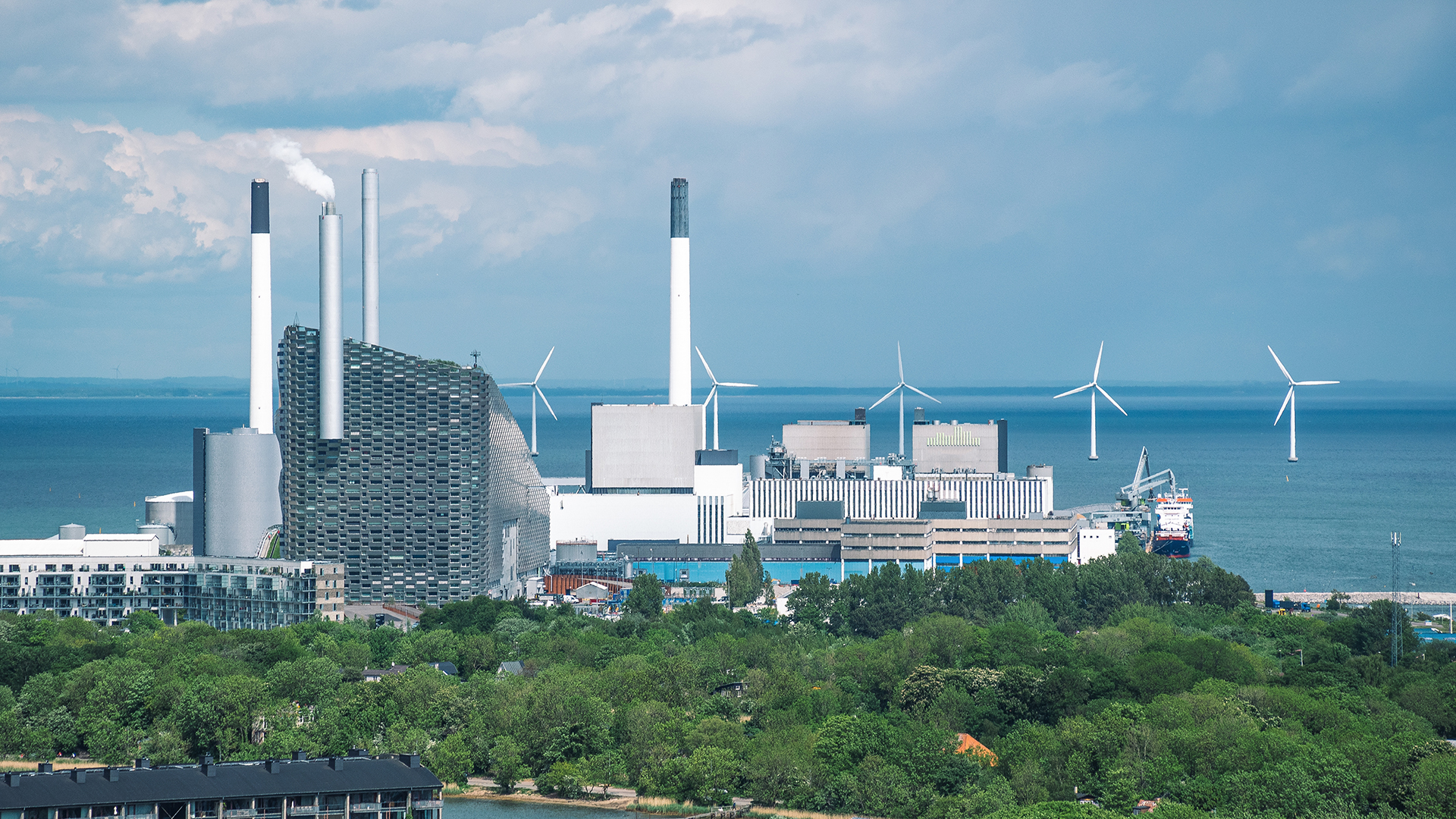Waste to Energy Generation
What We Do / Solid Waste Management / Waste to energy

Waste-to-Energy Plant in Daighar, Thane : Advancing the Smart City Vision
India faces a dual challenge efficiently managing increasing municipal solid waste while meeting the surging electricity demand of its urban population. Waste-to-Energy (WtE) solutions provide a sustainable way to address both these concerns.
To enhance Thane’s solid waste management infrastructure, the Thane Municipal Corporation (TMC) is setting up a 1,200 TPD incineration-based WtE plant in Daighar. This facility will significantly improve waste processing and electricity generation, contributing to the city’s smart and sustainable development.
The Highlights of the Daighar , Thane Plant:
- Capacity: 1,200 TPD (600 TPD × 2 units), making it one of Maharashtra’s largest WtE plants.
- Energy Generation: Expected to produce substantial power, reducing dependency on conventional sources.
- Technology: Utilizes incineration technology, adapted for Indian waste conditions, to ensure efficient processing.
- Waste Reduction: Reduces solid mass by 80–85% and volume by 90–95%, minimizing landfill dependency.
- Environmental Compliance: Emission standards comply with EURO norms, ensuring eco-friendly operations.
Feel Free to Contact Us !
Solid Waste Management (SWM) plays a pivotal role in supporting India's green initiatives and sustainable development goals. Waste-to-Energy (WtE) plants have emerged as a crucial element in India's quest for efficient waste management and a cleaner environment.
As Aspirify Environment, we are dedicated to addressing water pollution with a multifaceted approach that aligns with the government's initiatives. State governments are actively preparing action plans for sewage management and the restoration of aquatic resource water quality.
As Aspirify Environment, we share the government's concern about pollution in cities and towns, recognizing its detrimental impact on the environment, public health, and overall living conditions.
Mumbai
Thane
Tremendous increase in Waste Generation due to Urbanization in TMC area is leading to various Issues.
Thane's Approach to SWM

The Thane Municipal Corporation (TMC) is located adjacent to Mumbai in Maharashtra, India. It is one of the fastest-growing urban centers in the state, covering a total area of 128 sq. km. As per the 2011 Census, the city has a population of 18 lakhs, with an additional 2 lakh floating population. Rapid urbanization has led to increased municipal solid waste generation, making efficient waste management a critical priority for the city.
Current Solid Waste Management Scenario in Thane
TMC has implemented structured solid waste management processes to ensure a clean and sustainable urban environment:
✔ Collection: 100% door-to-door collection across the TMC jurisdiction.
✔ Segregation: Waste is classified into organic, inorganic, and bio-medical categories to enhance recycling and processing efficiency.
✔ Disposal: Currently, solid waste is disposed of on private lands at Mumbra, Khardi, and Diva.
Impact on Thane’s Smart City Vision
✅ Reduce landfill burden and improve waste processing efficiency.
✅ Generate clean energy, contributing to Thane’s power supply.
✅ Support sustainable urban development, making Thane a greener, cleaner, and smarter city.
Key Features of WTE Plant
To address the challenges of increasing waste generation and growing electricity demand, TMC is setting up an incineration-based Waste-to-Energy (WtE) plant in Daighar, Thane. This initiative aligns with the Solid Waste Management (SWM) Rules, 2016, ensuring sustainable waste processing and energy recovery.
Key Features of the WtE Plant:
- Capacity: 1,200 TPD (Two units of 600 TPD each) – One of Maharashtra’s largest incineration-based WtE plants.
- Technology: Uses proven incineration technology, modified for Indian waste conditions, ensuring high efficiency.
- Energy Generation: Converts municipal waste into electricity, reducing dependence on fossil fuels.
- Waste Reduction: Reduces solid mass by 80–85% and volume by 90–95%, significantly minimizing landfill waste.
- Environmental Compliance: Adheres to EURO emission standards, with advanced filtration systems ensuring eco-friendly operations.


Major zones of the WtE Plant:
-
Three Major Zones: - (1) Public Zone: Segregated area for Community Well-being
- (2) Buffer Zone: Intermediate Zone to segregate community and Plant Area consisting of Dense tress buffer.
- (3) Plant Zone: Planned Area for WtE Treatment.
- .
Proposed Plant Block

✔ Technologically Advanced Infrastructure: Designed for efficient and effective conversion of waste into energy.
✔ By-Products Utilization: Produces fertilizers, fly-ash bricks, and refuse-derived fuel (RDF) from residual waste.
✔ Solar Energy: Integration of renewable energy sources for operational efficiency.
✔ Rainwater Harvesting: Sustainable water management to conserve natural resources.
✔ Reuse of Excavated Materials: Reducing construction waste by repurposing materials.

Quick Links
Information
Phone
+91 20 2714 3130
info@
Address
S P Heights, 4th floor, Shastri Nagar, Kasarwadi, Pune
Copyright 2017 © All Right Reserved | Created with ❤ by Get Social

